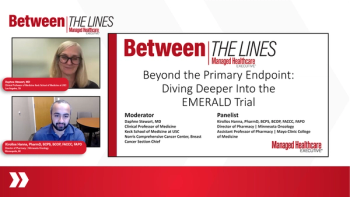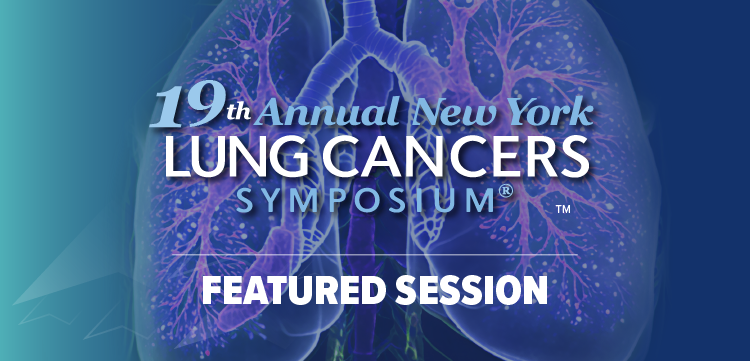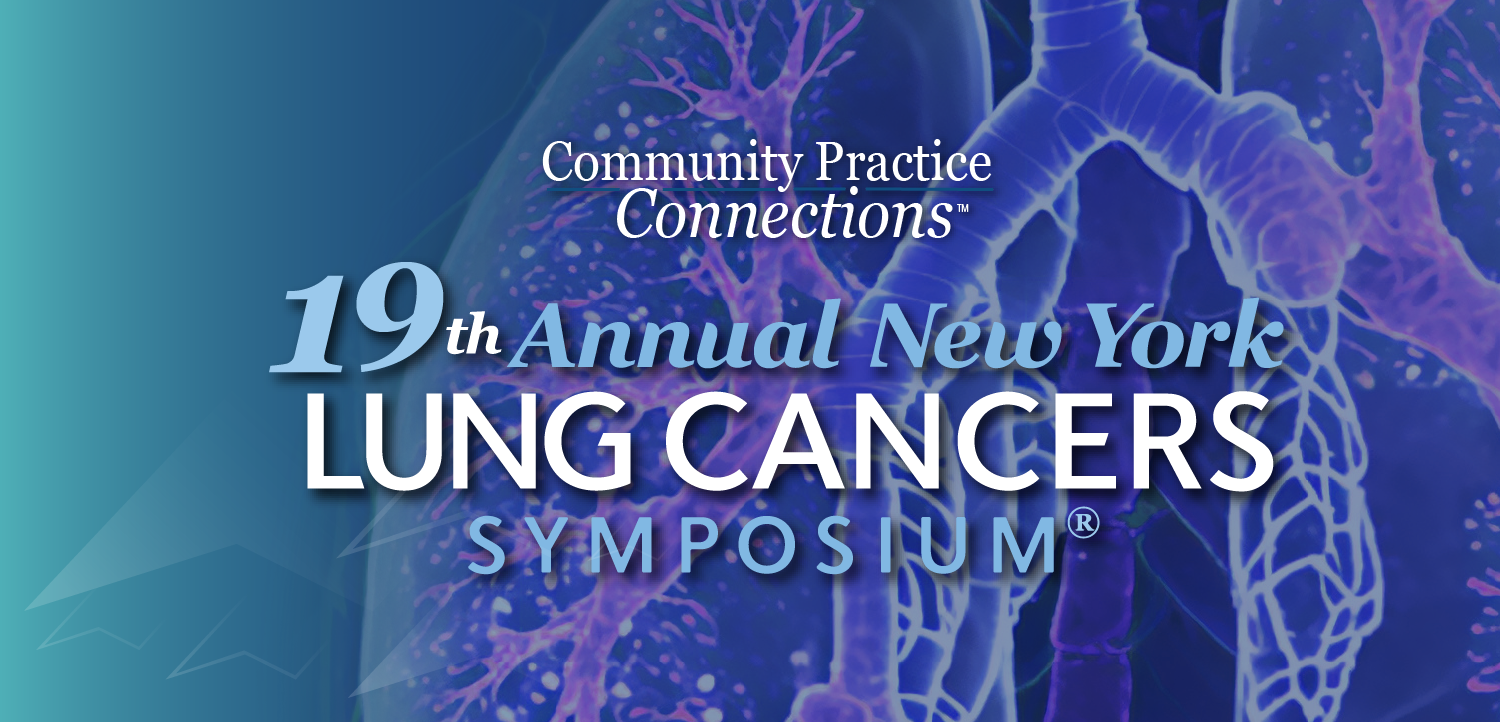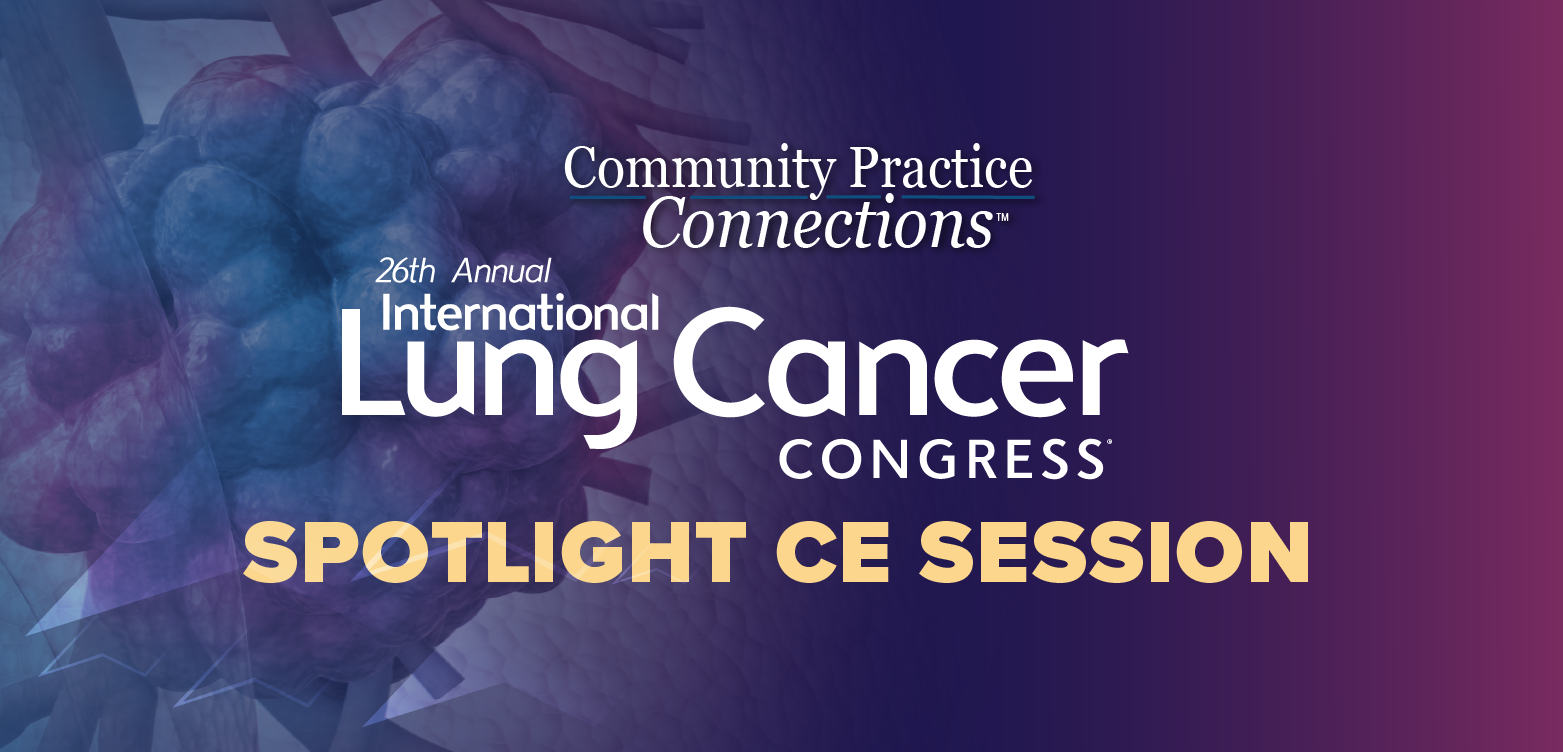
Overview of BRAF V600E–Mutant NSCLC and Rationale for Targeted Therapy
This segment explains the clinical significance of BRAF V600E–mutant NSCLC and highlights why early comprehensive genomic profiling is essential for identifying patients who benefit most from targeted BRAF/MEK inhibition.
Episodes in this series

This segment establishes the clinical context for BRAF V600E–mutant metastatic NSCLC, a relatively rare but clinically important subset of lung cancer. Dr. Dagogo-Jack highlights how BRAF V600E behaves as a true oncogenic driver whose biology lends itself to targeted intervention. She and Dr. Rotow emphasize that, although the prevalence is low, the therapeutic implications are high because patients can derive substantial and durable benefit from BRAF/MEK inhibition when appropriately identified.
The discussion underscores that comprehensive genomic profiling is essential to avoid missing actionable alterations. Although BRAF mutations may not follow the classic demographic patterns associated with other drivers (e.g., EGFR in young never-smokers), identifying them is critical because the treatment approach differs markedly from chemo-immunotherapy. The experts reiterate that early molecular testing, rather than empiric immunotherapy, is key to ensuring patients receive optimal first-line care.
They also begin setting the stage for the PHAROS trial by contrasting the historical dependence on dabrafenib + trametinib, the established combination for BRAF-mutant disease, with the emergence of new regimens such as encorafenib + binimetinib. Both experts note that the field is shifting rapidly and that therapy selection now requires nuanced understanding of toxicity, survival outcomes, and real-world practicality.
Finally, the segment highlights unmet needs: BRAF V600E is the most clearly targetable variant, whereas other BRAF mutations (non-V600E) remain difficult to treat and lack robust clinical evidence. The landscape, they stress, is evolving but still contains gaps that demand continued research.
Newsletter
Get the latest industry news, event updates, and more from Managed healthcare Executive.

















































